Software Company’s Battle Over Unix Produces Profit
By Steve Lohr
A recent campaign of litigation and warnings by a Utah software marketer against companies that use Linux has helped make the company profitable for the first time ever, it said yesterday.
Less than three months ago, the company, the SCO Group, started what has become an escalating skirmish in the software industry by asserting that its rights to the Unix operating system were being widely violated by computer companies that back Linux, and perhaps by the thousands of companies that use Linux.
The latest volleys came yesterday. Novell, which sold the Unix business to SCO in 1995, contended that it had not passed on the intellectual property rights to the system in the sale to SCO, a contention SCO disputes. And a German software group, Linuxtag, threatened to sue SCO unless it stopped its anti-Linux campaign.
Linux, which is distributed free, is a close relative of Unix, which was originally developed at AT&T Bell Labs in the late 1960’s. But the commercial rights to Unix, after a series of transactions, are now held by SCO, which has licensed that underlying technology to other companies, including I.B.M., Sun Microsystems and Hewlett-Packard, to develop their own flavors of Unix.
There was good news yesterday for SCO, as well. The company reported a quarterly profit of $4.5 million on revenue of $21.4 million. SCO said it collected $8.8 million in cash from its new division set up to enforce the company’s rights to Unix.
One company that refused to pay under SCO’s tough new enforcement regime was I.B.M., an early and ardent supporter of Linux; I.B.M. offers its own version of Unix, called AIX. SCO sued I.B.M. in March, seeking damages of at least $1 billion, contending that I.B.M. violated its contract with SCO by putting Unix code into Linux.With deep pockets and a wealth of legal expertise, I.B.M. would be a formidable courtroom foe for SCO, a small company based in Lindon, Utah. But SCO insists it has a long-term strategy. ”If it takes a couple of years, we’re geared to do that,” Darl McBride, SCO’s president and chief executive, said yesterday.
SCO has some formidable legal talent in its corner. The company is represented by Boies, Schiller & Flexner, a firm led by David Boies, the renowned litigator who was part of the team that defended I.B.M. in a long-running federal antitrust suit the government eventually dropped in 1982. And Mr. Boies represented the government in its successful antitrust prosecution of Microsoft.
Mr. McBride became chief executive of SCO, which was then called Caldera Systems, last June and sought out Mr. Boies at the end of last year. ”We went for the biggest gun we could find,” he said.
Mr. Boies was in court on another case yesterday, but a partner, Mark A. Heise, said the SCO suit against I.B.M. was the kind of case that appealed to his firm. The suit, according to Mr. Heise, pointed to a larger issue. ”Here,” he said, ”the issue is, Are we going to enforce people’s contract obligations? Or in the arena of computer software, are we going to toss that out?”
To its critics, SCO is simply engaged in a mercenary program to extract royalty payments from other companies and slow the advance of Linux. Earlier this month, SCO sent letters to 1,500 companies warning them that using Linux — a collection of contributions from many programmers — could be legally risky. ”We believe,” the letter stated, ”that Linux is, in material part, an unauthorized derivative of Unix.”
Yesterday, Jack L. Messman, the chairman and chief executive of Novell, called on SCO to substantiate that contention. Unless it does, Mr. Messman wrote in a letter to Mr. McBride, ”it will be apparent to all that SCO’s true intent is to sow fear, uncertainty and doubt about Linux in order to extort payments from Linux distributors and users.”Mr. Messman also said that the 1995 sale of Unix to SCO did not include the software copyrights, raising doubts about SCO’s ability to enforce the intellectual property rights claims.
Mr. McBride replied that while Novell might have retained some intellectual property rights, SCO did have the legal right to enforce most of the copyright and patents for the Unix technology. Earlier this year, SCO did try to obtain all copyright and patent rights from Novell. But Mr. McBride said he abandoned that after SCO’s lawyers decided the stronger legal claim was to pursue I.B.M. on the grounds that it violated its contract obligations. I.B.M. denies the accusations in the SCO suit.
Still, if the SCO claim to intellectual property is undermined, the concerns of most Linux users will be eased. The SCO letter to Linux users on May 12 repeatedly asserted SCO’s contention that Linux infringes the company’s Unix intellectual property rights.
Software companies, like I.B.M., whose programmers contribute to Linux, often have contracts with SCO. But most corporate users of Linux do not.

